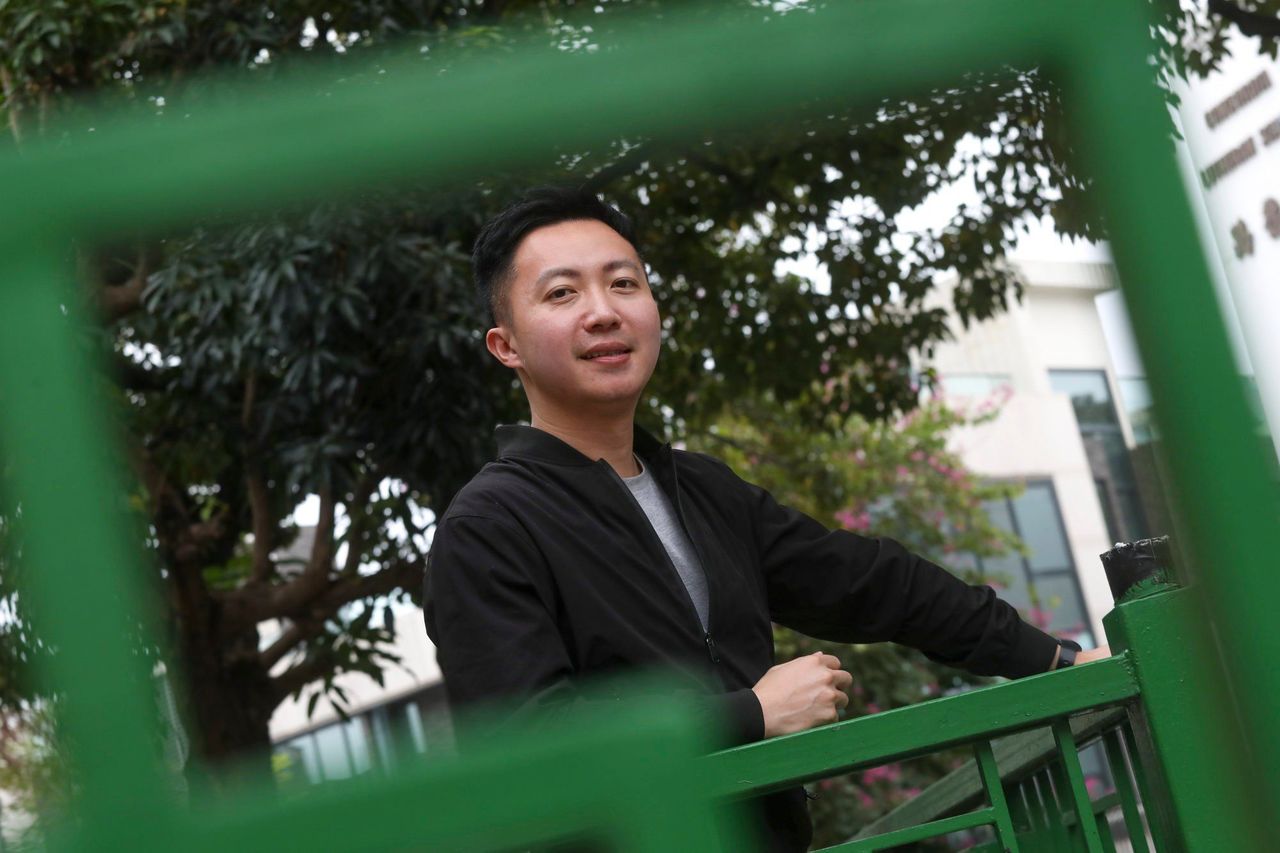Hong Kong News

UK parliamentary group rescinds seminar invitation for Hong Kong legislators
A 112-year-old association of Commonwealth lawmakers has rescinded an invitation for members of Hong Kong’s Legislative Council to attend its parliamentary seminar in March, citing the city’s political situation.
The United Kingdom branch of the Commonwealth Parliamentary Association (CPA UK) on Thursday said its executive committee had “unanimously agreed” to withdraw its invitation for Hong Kong legislators to attend its 2023 Westminster seminar, referencing the “deteriorating situation in Hong Kong”.
The annual series, which celebrated its 70th anniversary last year, will take place from March 13 to 17 in London and traditionally has focused on parliamentary procedure and practice.
“Despite a serious erosion of political plurality and participation in Hong Kong, delegates from the Legislative Council have attended some CPA UK events in recent years to involve them in dialogue which promotes democracy,” the group said in a statement.
The CPA UK did not respond to requests for comment on Friday.
It was unclear how many Hong Kong lawmakers were set to attend this year’s event.
Among those who had planned to attend the seminar before the invitation was withdrawn was Dominic Lee Tsz-king, a New People’s Party and Legco member, who told the South China Morning Post that the invitation’s withdrawal was a “pity”.
“This seminar was meant to be a platform to exchange different information about how parliaments or legislative bodies work in different jurisdictions,” Lee said.
He said the decision was “like a child play” by the United Kingdom, and noted that while the statement cited the “erosion of political plurality”, nothing “significant” had changed in Hong Kong’s system since the invitation was issued late last year.
 Dominic Lee, New People’s Party and Legislative Council member.
Dominic Lee, New People’s Party and Legislative Council member.
“I think it’s their loss that they lost an opportunity to learn the ins and outs of our new system and it is hypocritical for them to claim that they are a democratic country but refuse to listen to voices from different jurisdictions,” Lee said.
The seminar series, which began in 1952, has been a venue for legislators and staff from Commonwealth nations to gather in London over five days to discuss topics ranging from improving communication skills to holding effective committee hearings.
Past meetings have included trips to the Guildhall, which serves as the headquarters for the City of London Corporation, and the Palace of Westminster, which is home to Britain’s parliament.
It was held in a combined in-person and virtual format last year after a two-year hiatus during the coronavirus pandemic.
The association counts more than 17,000 lawmakers and 180 legislatures or parliaments as members globally.
The Post has reached out to the Hong Kong government, Legco’s secretariat and president Andrew Leung Kwan-yuen for comments.
Tensions have been growing between London and Beijing over Hong Kong and other issues in recent years. In particular, the two have locked horns over Beijing’s imposition of a national security law on the city in 2020.
In its most recent parliamentary report on Hong Kong, Britain’s foreign office said mainland and Hong Kong authorities “are undermining the rights and freedoms” promised to local residents under the Sino-British Joint Declaration, which handed the city back to Chinese rule in 1997.
Signed in 1984, the agreement underpins the concept of “one country, two systems”, under which the city’s society, economic system and freedoms will remain unchanged until 2047. It also promises “a high degree of autonomy”, except when it comes to defence or foreign affairs, for the city for 50 years.
Mainland Chinese authorities described the British government’s latest report on Hong Kong as “waste paper” that should be “swept into the dustbin of history”.
Last year, the UK Supreme Court, Britain’s top judicial body, withdrew its last two serving judges from Hong Kong’s highest court, citing concerns over the national security law. The Hong Kong government condemned the move.
A cross-party group of backbench British politicians also called for sanctions last June on the eve of the 25th anniversary of Hong Kong’s handover.
Hong Kong and mainland Chinese officials also hit out at the British government after a junior minister from the foreign office met members of media tycoon Jimmy Lai Chee-ying’s international legal team in London earlier this month.
Hong Kong’s government has moved to adopt legislation to bar foreign lawyers from taking part in national security trials after it failed in a bid to block British barrister Timothy Owen from appearing for Lai when he stands trial for charges of collusion with foreign forces. Lai’s trial is set for September.











